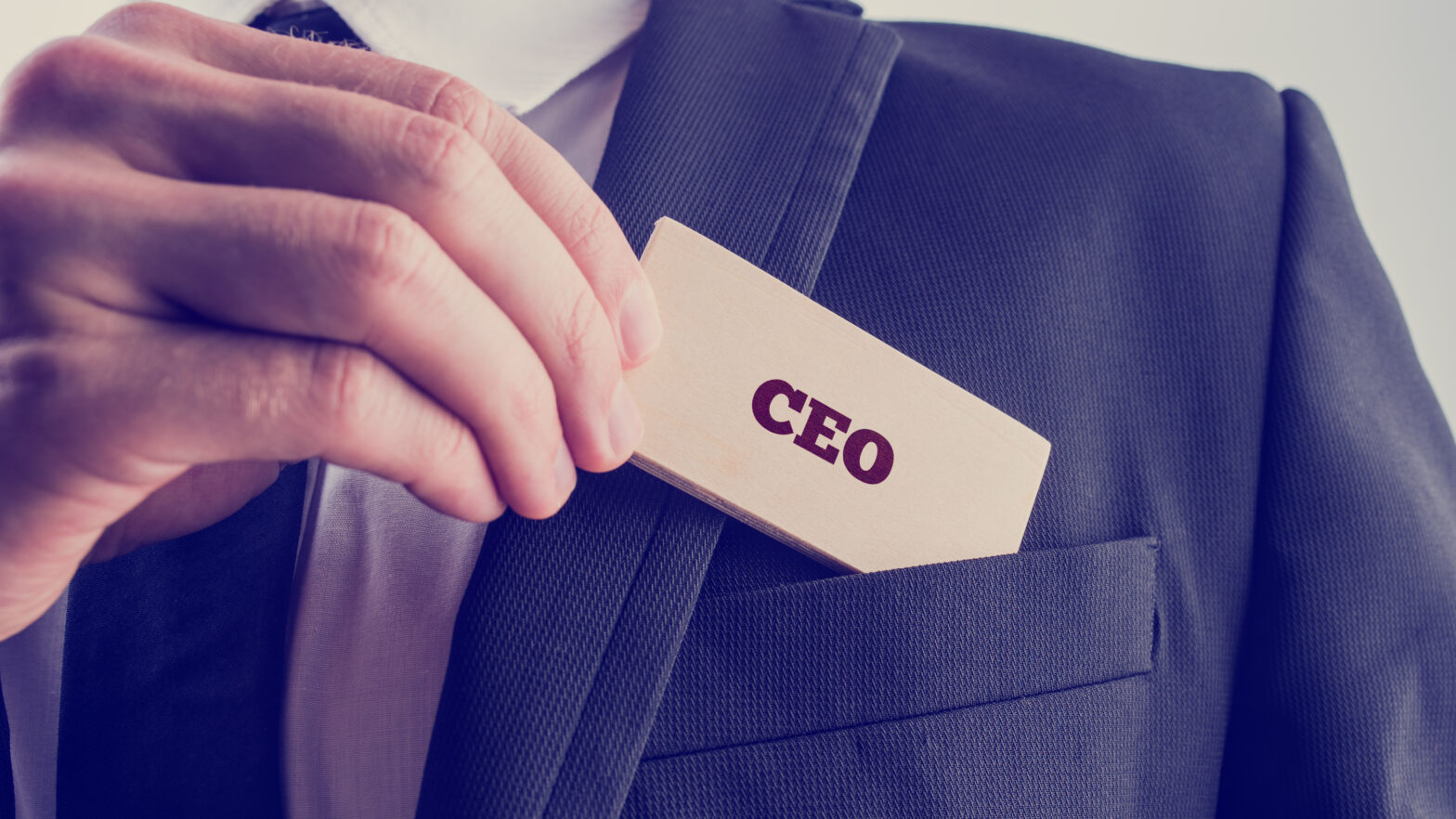As a business evolves and grows, so should the people within it. Someone may be a skilled sales person in a start-up of four, but that doesn’t necessarily mean they are the right person to lead a team of twenty sales people as the company grows. While that may seem like common sense, many companies lose sight of the need for the “right person for right now” rather than holding onto someone who has no doubt shown great loyalty to the business but is no longer the right fit.
The same is true of CEOs. I advise clients to pick the best CEO they can find for the phase the company is currently in. This may seem counter-intuitive as many people look to the CEO role as a long-term ambassador for a business, but in a high growth start-up environment, it’s not uncommon for a successful start-up to employ several CEOs during its development, all of whom were the right fit at different stages. It may seem tough, but this is something business owners should embrace.
See also: Becoming a CEO – Taking the helm of a business can be a giddy, nerve-wracking experience. In this article we find out how three CEOs managed the transition from director to boss.
Largely, successful start-ups are all about creating new products and business models that solve an unsatisfied problem. However, many CEOs of start-ups are also the founders, sometimes with little or no experience of leading larger, more mature businesses.
In order to become a big business, the focus must shift from disruptive products to scaling up established products and delivering consistent levels of high quality customer service. Therefore, when a start-up begins to enjoy success, the challenges are usually around consistency – not around innovation. Some CEOs at start-ups have the ability to adapt to these new challenges but some don’t, commonly because they have no prior experience or training in these areas.
Founders of businesses need the self-awareness to acknowledge when it’s time to perhaps step aside while someone more experienced comes in. Ultimately, a founding CEO may have a limited shelf-life, as their lack of ‘fit for purpose’ gradually starts to erode the strength of the organisation from within. Even worse, a founding CEO can create instability as the CEO fails to adapt to the complexity and people issues that huge scale often brings. The rise and fall of Travis Kalanick at Uber is a perfect example of this.
Despite the emotional attachment, recognising when you aren’t the right person to continue leading a business is an important skill for a founder. It’s not a failure – it allows a high growth business to recruit someone who has walked the path before, and frees the founders up to focus on the areas of the business where they can have most personal impact.
So how do you choose the right CEO for right now? Firstly think about the type of impact you need within the business at that moment in time. What does the business need to kick on to the next level? Sometimes bringing in a results focused CEO who is seen as more authoritative can actually be the right thing for a business that needs more discipline and consistency. Many start-ups are proud of their culture, but as the business grows up the culture may need to grow up too – as long as the core values of the business are kept intact and the ‘feel-good’ factor is retained.
Secondly think about the balance of your executive team. We regularly hold roundtables for CEOs, Chairs and Investors, and at one of these events, a partner of a well-known private equity firm discussed the need for balance when it came to organisational leadership. If you have a naturally optimistic CEO, you should pair them with a more conservative CFO, someone who will challenge their thinking.
From an investor’s perspective this both reduces the reliance on any single person in the executive team, and gives them the assurance that they have the range of personalities and opinions needed to support and question each other. Founders are often used to getting their own way within their own business, without being challenged, and as a result can sometimes hold too much of the power within the leadership team.
A business going through high growth is exciting and daunting at the same time. Ultimately the business needs the right people to execute its next stage of growth, and sometimes that can also mean a change of CEO.
See also: What makes a successful CEO? – GrowthBusiness visited the CEO Summit and posed this question to select members of the new CEO 100 Club.
Creating an executive team that has both the right balance and the right individuals for that next stage should be a high priority.
Phil Peters is partner of digital practice at Savannah Group







